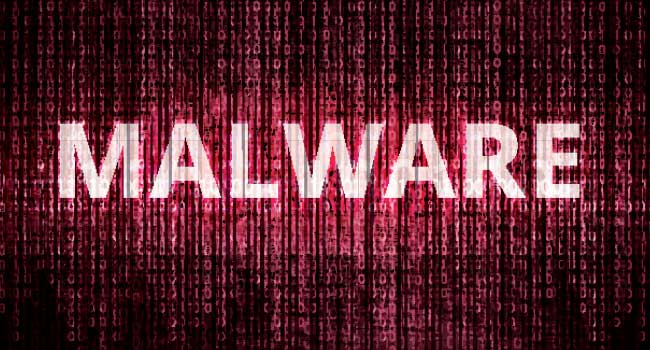
Malware Targets Industrial Safety Systems
Security firm FireEye disclosed Thursday the existence of a malware used to compromise industrial control systems and disable their safety systems to potentially cause physical damage.
- By Jessica Davis
- Dec 18, 2017
Security firm FireEye disclosed Thursday the existence of a malware used to compromise industrial control systems and disable their safety systems to potentially cause physical damage. The malware is known as Triton or Trisis and appears to be designed to jeopardize not only computer networks, but also “human safety” and “the environment,” according to FireEye.
Triton is a family of malware designed toward use on Schneider Electric equipment, specifically their Triconex products, which are known as “safety-instrumented systems”. Schneider equipment is often used in oil and gas facilities and sometimes used in nuclear energy facilities or manufacturing plans.
Hackers could potentially use Triton to create a situation that could cause physical damage, such as an explosion or a leak. Its code allows hackers to disable Triconex safety measures, which could compromise the ability of failsafes to shut down equipment in dangerous situations.
In their report on Triton, FireEye disclosed that hackers had deployed the malware at an unidentified critical infrastructure organization and caused operations to shut down. A security alert was sent to users of Triconex.
According to FireEye, the hackers were probably trying to learn how they could modify safety systems if they wanted to launch an attack in the future. The victim of the attack was not disclosed, but FireEye said the hackers likely had ties to a foreign government.
“There does not appear to be a clear financial motive for this activity though the disruption of these systems has clear benefits to a nation-state in a military or covert sabotage scenario,” a FireEye spokesperson said. “The development of this capability required significant resources and sophistication most consistent with the abilities of a nation-state, and the compromise of critical infrastructure is consistent with the past behavior and aspirations of North Korea, Iran and Russia.”
The targeting of safety systems makes Triton very dangerous – not only in terms of malware, but also with regard to the possible physical damage. Experts said the attack marks the first reported breach by hackers of an industrial plant’s safety system, and that others are likely to follow.
“This is a watershed,” said Sergio Caltagirone, head of threat intelligence with cybersecurity specialists Dragos. “Others will eventually catch up and try to copy this kind of attack.”
About the Author
Jessica Davis is the Associate Content Editor for 1105 Media.